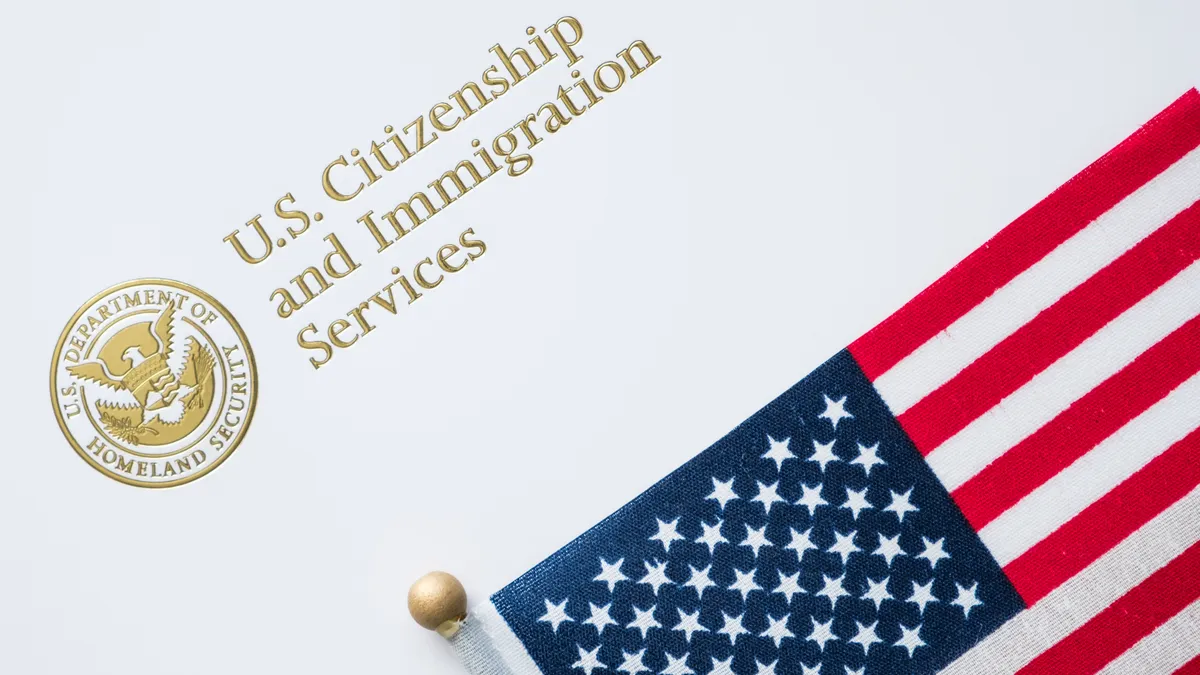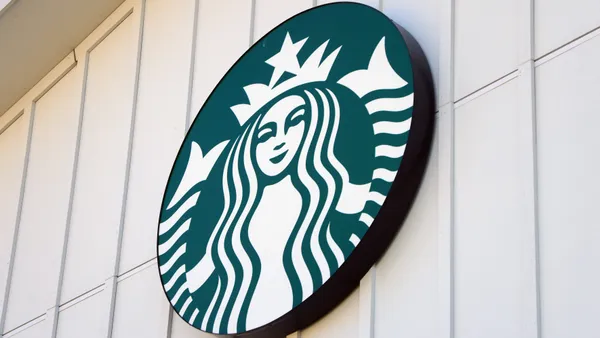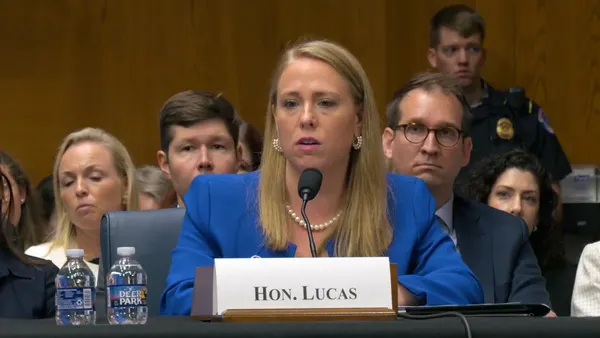Dive Brief:
- President Donald Trump announced Friday that the administration would require an added $100,000 payment with petitions for H-1B visas, according to a presidential proclamation.
- The proclamation “took an important, initial, and incremental step to reform the H-1B visa program to curb abuses and protect American workers,” a fact sheet issued Sunday by the U.S. Citizenship and Immigration Services states.
- The action left some employers scrambling to assess the impact, with such large tech companies as Microsoft reportedly emailing workers with H-1B visas on Friday to tell them to return to the U.S. and immigration lawyers urging workers holding such visas to do the same, The Seattle Times reported. Microsoft on Monday declined to comment on the report or the new fee.
Dive Insight:
The new H-1B fee puts added pressure on employers as tensions over deportations and immigration — and their impact on the labor force — have been a flash point in the second Trump administration.
White House Press Secretary Karoline Leavitt sought to clarify specifics around the new fee on Saturday. While the proclamation said its effective date was Sunday at 12:01 EST, in a post on the social media platform X Leavitt wrote that the fee applies only to new visas and not renewals, is a one-time fee rather than an annual fee and that those who already hold H-1B visas would not be charged $100,000 to reenter the U.S.
“H-1B visa holders can leave and re-enter the country to the same extent as they normally would; whatever ability they have to do that is not impacted by yesterday’s proclamation,” Leavitt wrote.
The H-1B FAQ sheet from USCIS also provided further details about the new fee’s implementation, noting that USCIS itself has provided guidance and that the proclamation doesn’t prevent any holder of a current H-1B visa from traveling in and out of the U.S. It also noted that further steps to reform the H-1B program are on tap, including a rulemaking by the Department of Labor “to revise and raise the prevailing wage levels in order to upskill the H-1B program and ensure that it is used to hire only the best of the best temporary foreign workers.”
The H-1B program has been a source of heated debate on social media among key backers of Trump, with Department of Government Efficiency then-co-leads Elon Musk and Vivek Ramaswamy voicing support for it while some conservatives, including former South Carolina governor and former presidential candidate Nikki Haley, rallied against hiring workers from outside the U.S.
In July, Microsoft — which has been in the crossfire over the tech industry’s use of the H-1B visa program — rejected criticism that tied its recent layoffs to the company’s reliance on foreign worker visas, saying they were in no way related. Intuit CFO Sandeep Aujla threw his support behind the H-1B visa program, pushing back against a protectionist view of the skilled labor market and warning against isolationism in a January interview with CFO Dive.
In the proclamation Trump took aim squarely at tech firms. “Information technology (IT) firms in particular have prominently manipulated the H-1B system, significantly harming American workers in computer-related fields. The share of IT workers in the H-1B program grew from 32 percent in Fiscal Year (FY) 2003 to an average of over 65 percent in the last five fiscal years,” he wrote, calling the “abuse” of the H-1B program a national security threat.
















